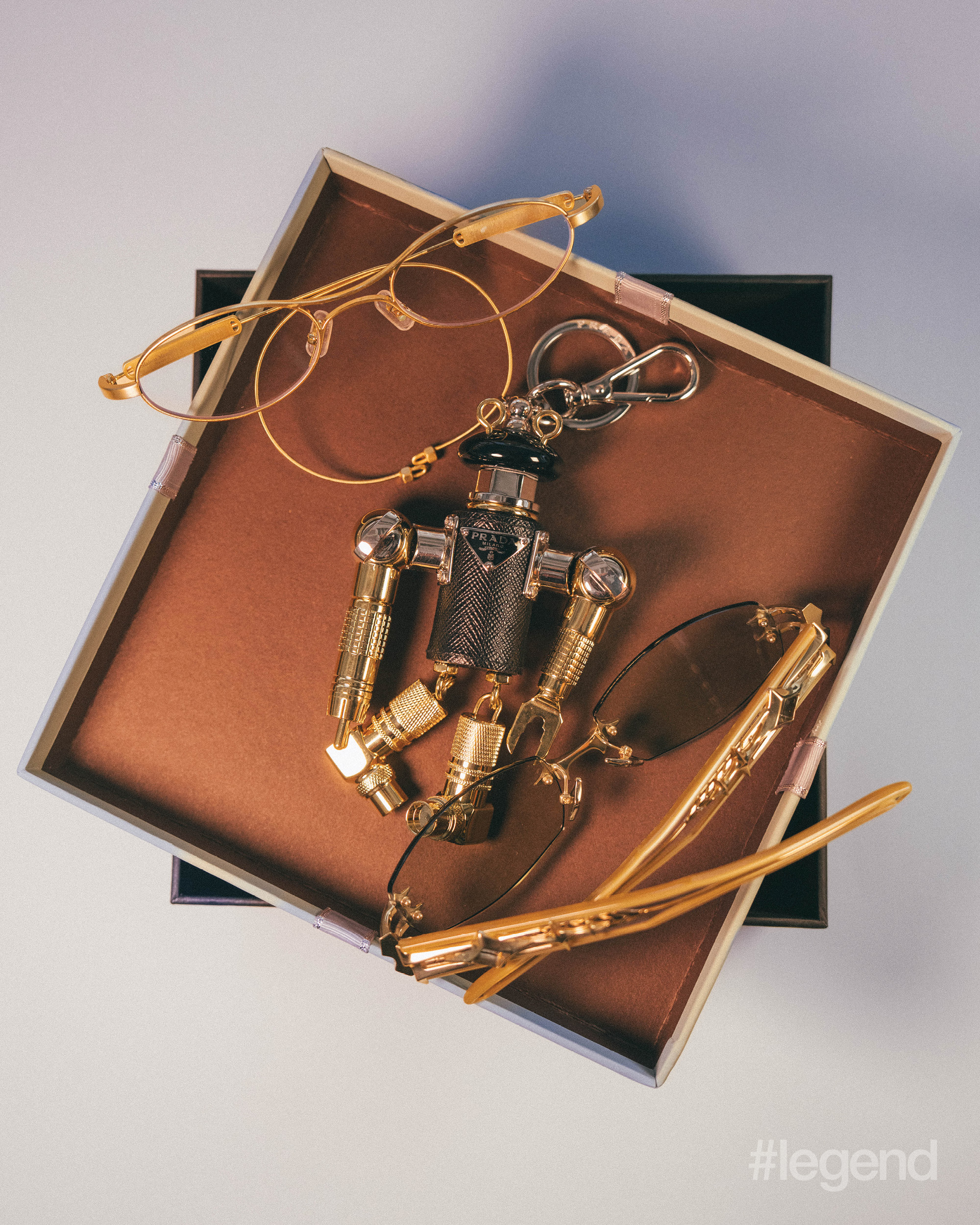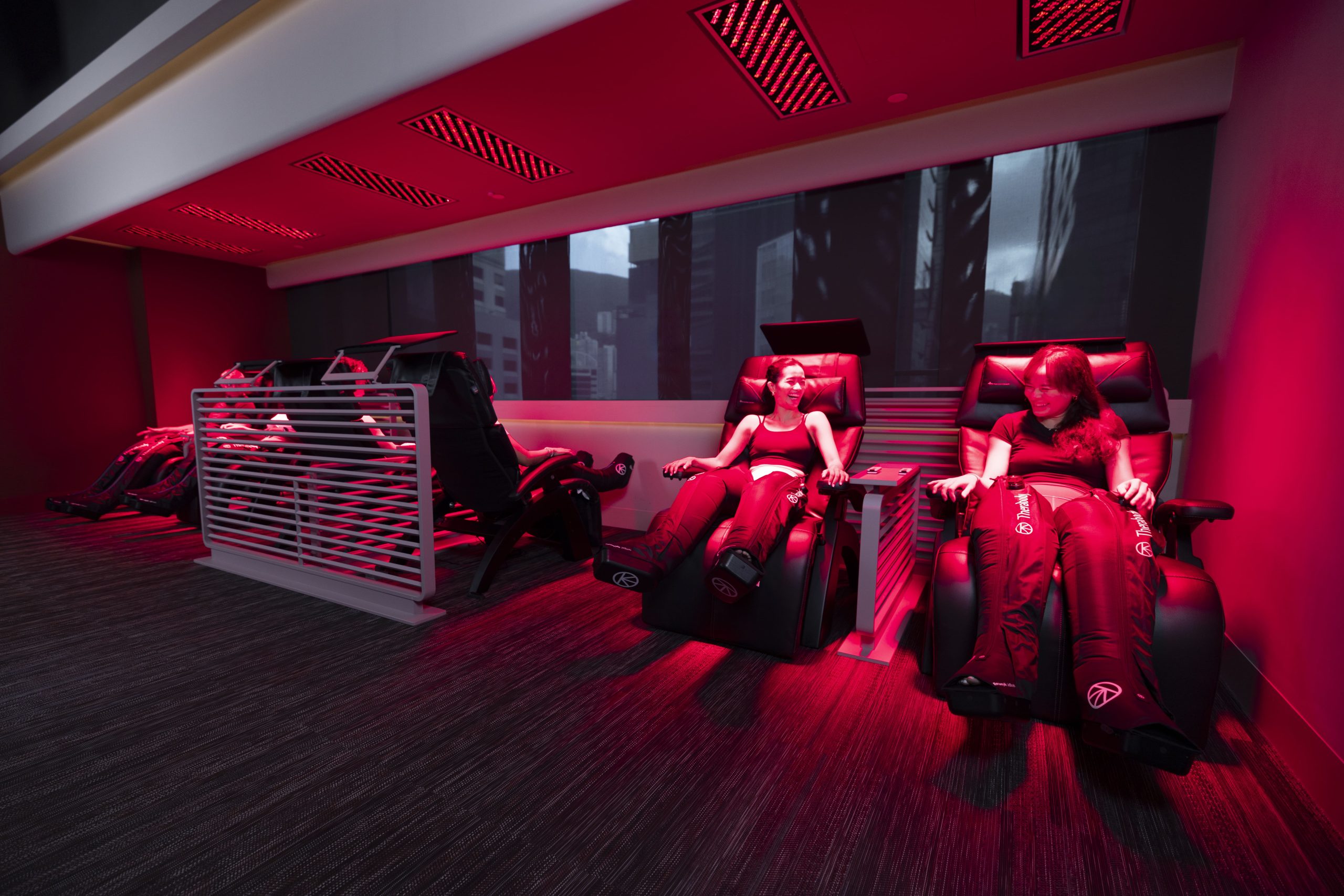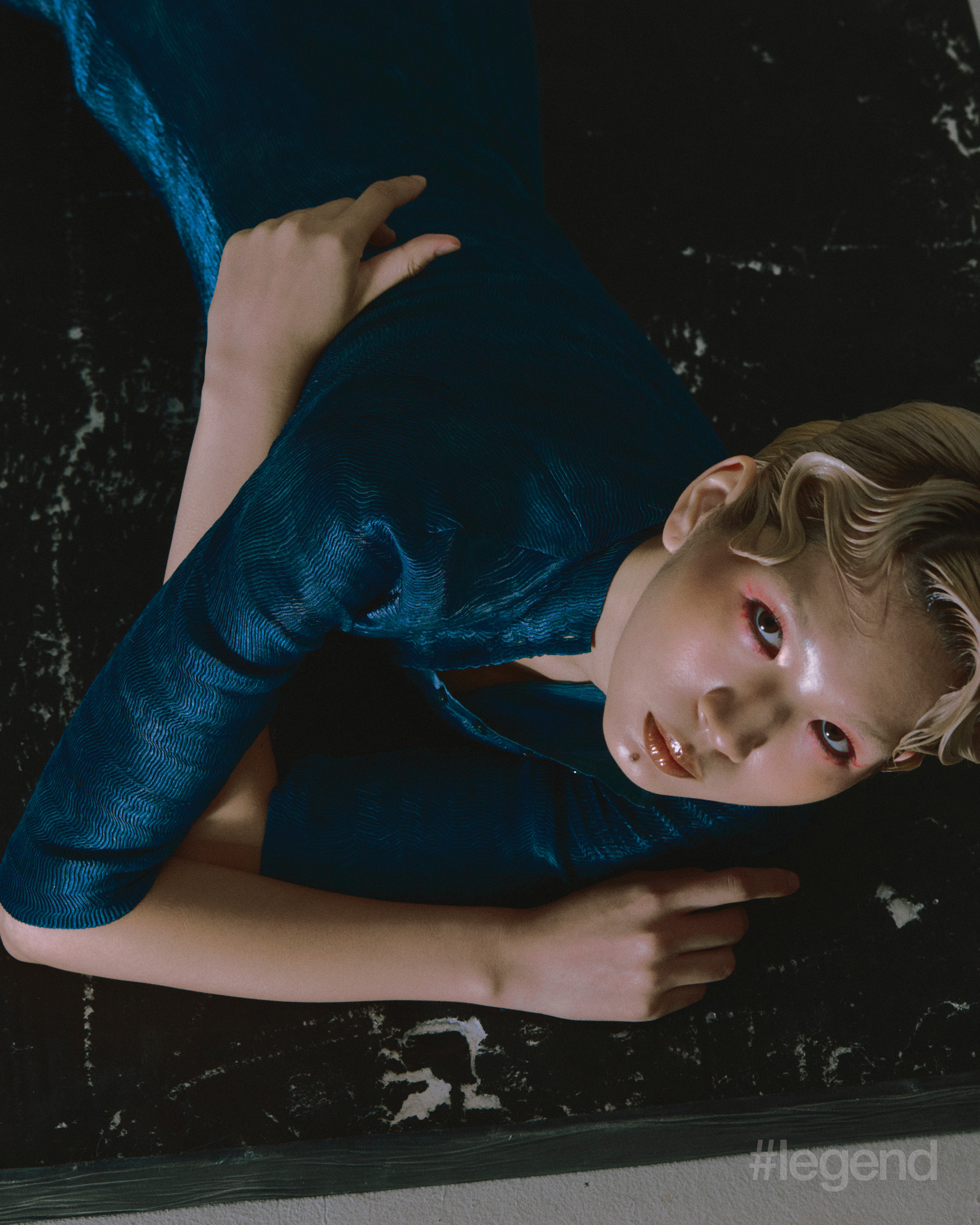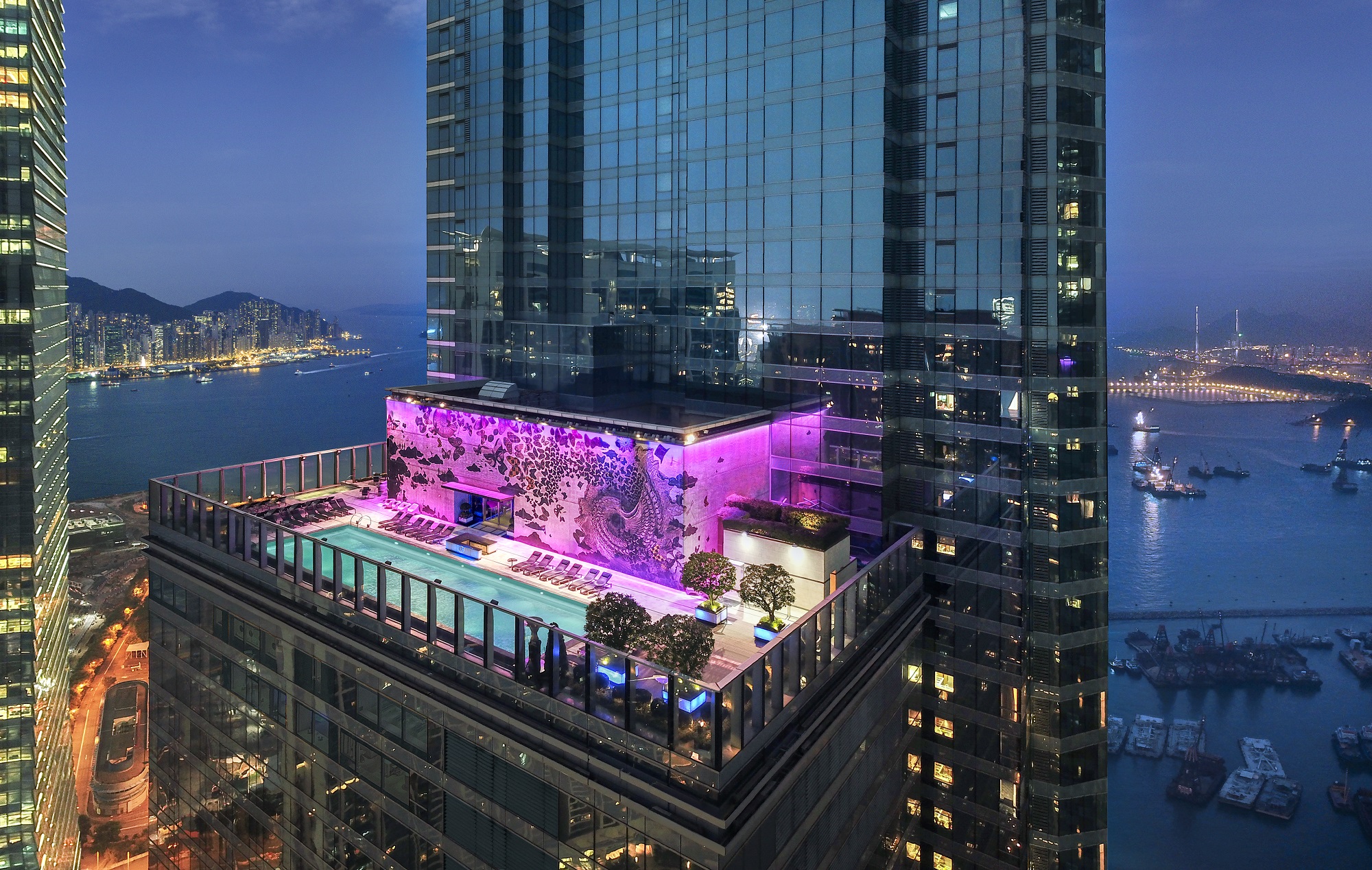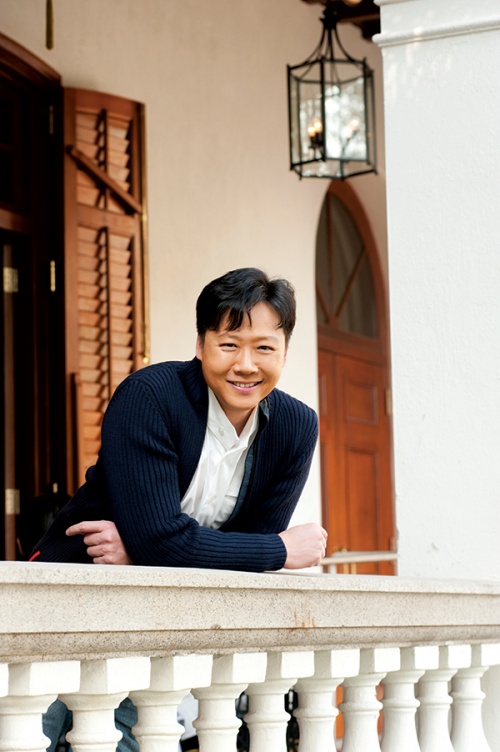
David Yeo took a hospitality concept from his kitchen to the world, trading in his briefcase to become the frontman for his global dining operation, the Aqua Restaurant Group.
You’re the founder and owner of an incredible restaurant empire. When did you discover a love for food?
The love for food started when I was really young. My mum took us out to eat a lot and, for someone who didn’t know how to cook, she always had an opinion. At a young age, we understood texture. We would know if something had been fried for too long or if the noodles were not al dente.
What are some of your all-time favourite comfort foods?
I know it’s not correct to be eating lots of pasta and noodles but my go-to food is always pasta. You’ll never find me without pasta at home. People go for all sorts of shapes and sizes, I look for two things. One, especially dried pasta, it’s about the sort of wheat and where it’s from. Second, it’s about how you cut it. I like pasta that is longer and I tend to go for spaghetti rather than shapes because I can control it and it cooks much more evenly. I also like die-cut pasta. These pastas tend to be artisanal so just look for the words die-cut on the back of the spaghetti packaging. I always try to do two to three minutes less than the packet says and rinse the pasta through and finish it in the sauce.
You survived the Indian Ocean Tsunami. What can you tell us about your near-death experience?
I think it was a huge wake-up call on many levels. I was in Phuket and didn’t realise that all those thousands of kilometres away, the shock waves and water were coming. It was 9 o’clock on Boxing Day and we were going diving. We got down to Kamala Beach and as we were chatting to the dive guy, the Thai long-tail boat went lower and lower and eventually clunked onto the sand. I looked at the dive guy and said “Hey mate. Did you not check the tide table?” He said, “No, no. It’s supposed to be high tide.” As we were laughing, the water started receding and within about 15 minutes, the bay in front of us was glistening, flat sand.
We should have realised something was wrong. Not more than 20 or 30 minutes later, in the corner of my eye, I saw the boats were suddenly popping back up and they were spinning. The water just came like a sheet of glass, calm and low. I didn’t realise but it was actually coming in at 150 km/h. I screamed at my friends and we ran. I managed to flip over a wall onto the road. My friend and I turned to the right and saw a vertical wall of water, carrying a jeep on top of it, and it was spinning. On the left, was another wall of water. We ran through the middle onto open fields with the water chasing us. It levelled out when it got into the fields and we ran into a village. I knew the second wave was coming, I could feel it, but I had lost my sense of direction and wasn’t sure where the water would come from. At that moment, I saw a Thai lady signalling to me. She was standing on a slight slope. About 67 people died on the beach that day. I feel extremely lucky and blessed that my friends and I survived.
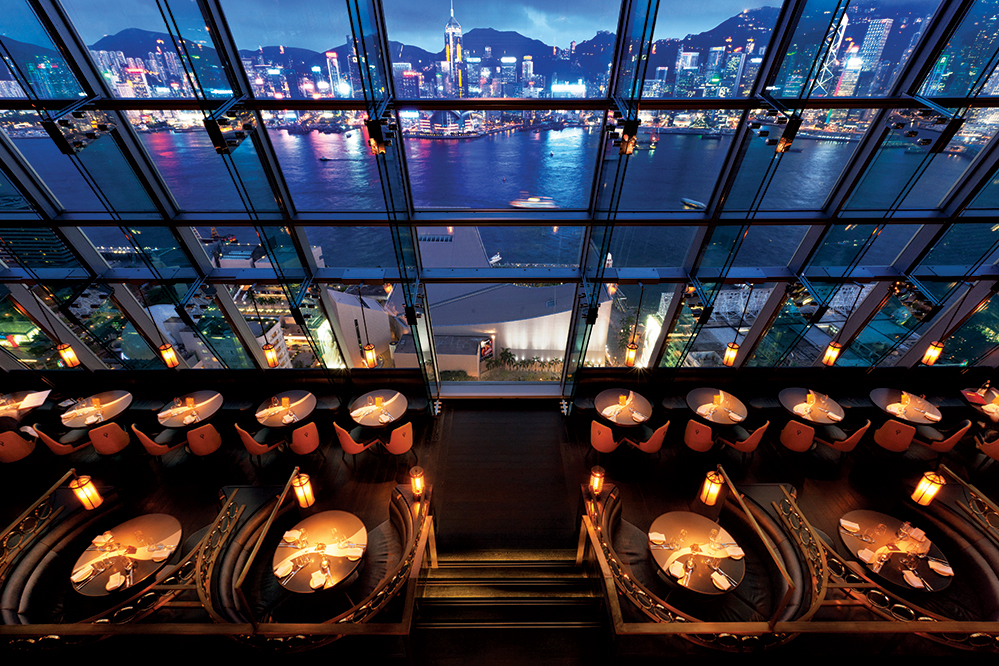
Surviving such a terrible disaster must have changed your life. What did you take from it?
Step back and understand that all of us, regardless of background, we are all, at the end of the day, beings. We are here for a finite time. If we could help each other out, that would be great. Second, we shouldn’t be so focused on all the small things and be so fussy or negative because, in the big scheme of things, it doesn’t matter. The tsunami made me realise that people are genuinely kind. People in the same predicament do not actually think much about themselves and help others. Life is short. You never know what might happen tomorrow.
You have a law and finance background, and you’re a famous restaurateur. How did you get your start?
I am slightly different from the other restaurateurs around town because I actually worked from a bar-back up. I was lucky and later went from Kent to Cambridge, and then joined a top law firm. I was your typical sad person, with a carry-on bag and laptop bag, staying at hotels. The last thing I really wanted was hotel food or to go out to a restaurant. I wanted to connect with friends at home but I also wanted to make it worth their while. I put a lot of effort into my dinner parties at home and my friends suggested I open my own restaurant. This really is a passion thing. Our restaurants are like an extension of my kitchen. We want everybody to feel at home. It’s about the food as well as the company, it’s not about chasing stars.
Apart from Hong Kong, Beijing and London, do you have plans to expand to the US?
Yes, we would love to have the opportunity. Maybe we’ll start on the East Coast, as it is closer to London. We are looking at New York and Miami, some European cities and the Middle East.
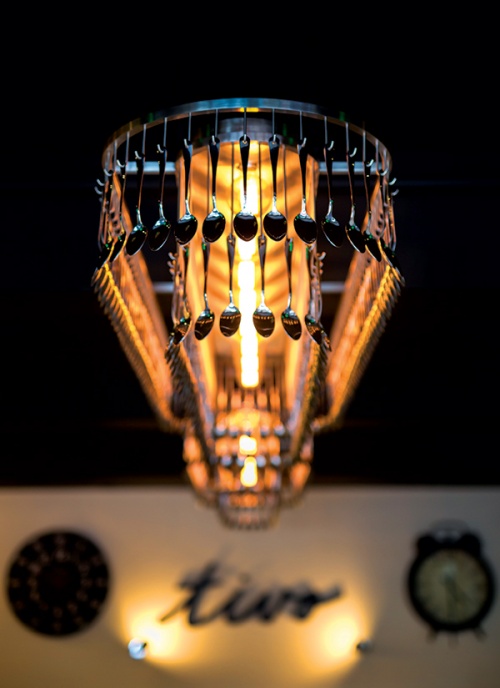
Aqua Luna is such a fantastic idea. How did you come up with such a brilliant concept?
Well, there is a new Aqua Luna coming. Why the new boat? It’s because we want to have one slightly wider and more one-level, rather than two levels, with bigger sails. This one would be used more for events such as weddings, engagements, parties and corporate events.
What do you think makes your restaurant group special?
One thing I tell my team is to focus on doing the best we can do amongst ourselves before we look at others; put our own house in order, do the best we can and then get inspiration from others. The restaurants are an extension of my kitchen, they should not be pretentious and it should be about service.
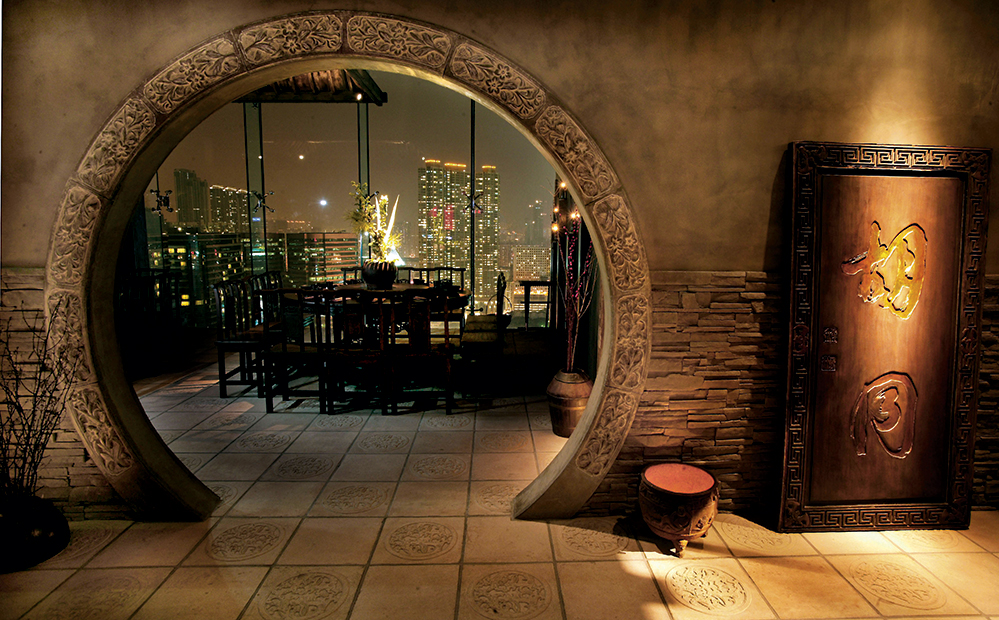
Do you like to read? What’s your favourite food-related novel?
I enjoy reading cookbooks more than novels when it comes to food. I have shelves full of cookbooks in both Hong Kong and London. The best cookbooks focus on explaining cooking techniques and reasons for doing them. My favourite is Rose Levy Beranbaum. Her books are my go-to for cake making. One of the best foodie journalists is Felicity Cloake. She’ll do things like the basic Italian tomato sauce. She will then take the 10 recipes from top chefs like Mario Batali and Jamie Oliver, compare them, and come up with her own version.
Where do you go for pasta? Tell us some of the restaurants you enjoy dining at.
I dragged my friends from out of town to a few restaurants the other day and said, “Now, you’re coming back to my home. I think I’ve won.” I love Toscana for Italian. I think it’s very good. For everyday or higher-end Japanese, not the Michelin ones, I think we do a very good job.


